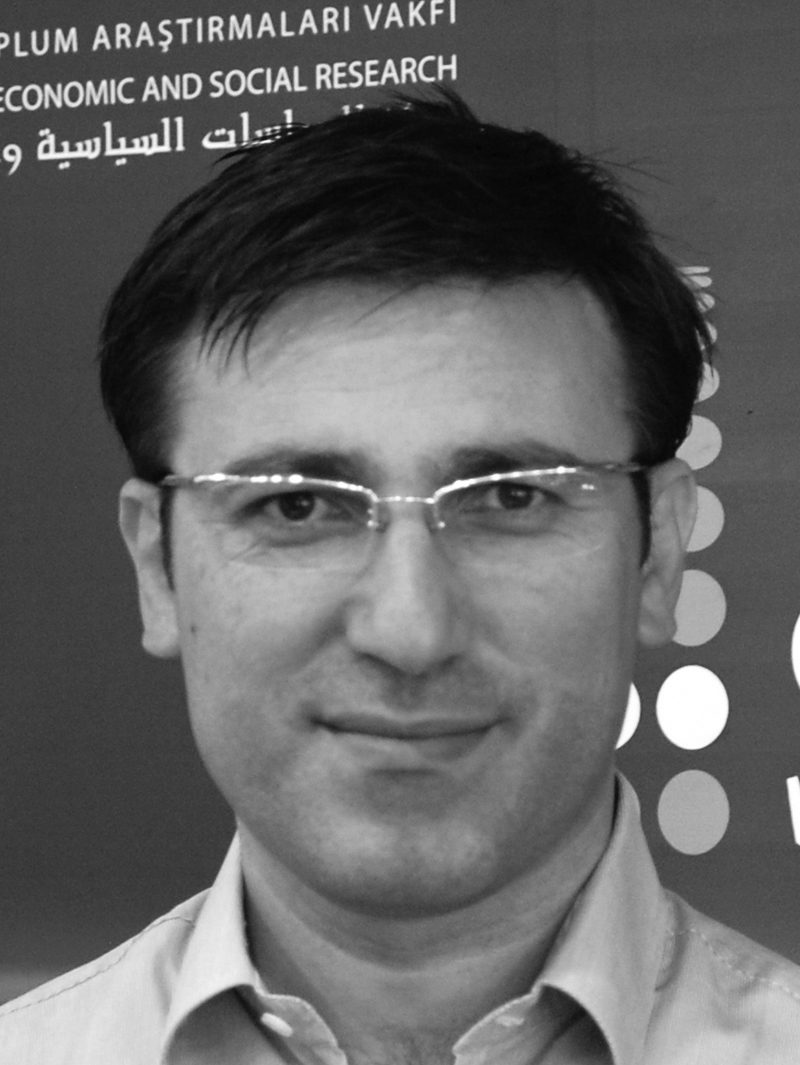Current developments and recent social and cultural transformations under the forces of globalization indicate that the prophecy of traditional secularization thesis seems to have failed to capture the ongoing influence of religion. Proponents of secularization thesis established an unavoidable and casual connection between the beginning of modernity and the decline of traditional forms of religious life. Generally speaking theorists of secularization process argued that religion would lose its influence on social and political life once the society absorbs the values and institutions of modernization. For B. Wilson for example “secularization relates to the diminution in the social significance of religion”. L. Shiner on the other hand, argued that the culmination of secularization would be religionless society.
Contemporary developments in the globe and recent debates in social sciences indicate that such comprehensive claims and predictions of the secularization theory have only limited validity and success, mostly confined to Western Europe which Grace Davie describes it as an exception rather than the rule. Political leaders in the West as well as in the Muslim world seem to have failed to see the importance of religion. After observing the global rise of religion, Peter L. Berger, who was once the proponent of secularization theory, admits “that the assumption that we live in a secularized world is false. The world today, with some exceptions…. is as furiously religious as it ever was, and in some places more so than ever”. Now it is time that political leaders should understand the significance of religion and develop a discourse and rhetoric accordingly. Sociological blindness of political leaders should no longer continue.
Rise of Culturalist Discourse and Rhetoric: Marking Muslims as ‘others’ and Drawing Cultural Boundaries
There has been increasing trend towards a culturalist discourse and rhetoric of conflict in recent decades when it comes to deal with people of different ethnic/national origin and religious background in Europe. Especially recent debates on immigrant and ethnic minorities in general and on Muslims in particular seem to centre on irreconcilable cultural and civilizational differences.
The following quotation supports this observation: ‘Since Turks are different from Germans in culture and mentality, and want to stay different, it is only natural that they seek the proximity of fellows in Germany. That means Turkish quarters, also known as ghettos, are developing in our cities. That could only be prevented by force, not by social security benefits or persuasion…We have no reason to let critics at home and abroad accuse us of racism, when we insist that the German Federal Republic must not become a country of immigration. Anyone who disregards this natural and justified feeling of our fellow citizens is preparing the way for the extreme right…The question of reasonable and humane rotation must be reconsidered.’ These remarks were made in 1982 by the leader of a CDU/CSU parliamentary group. The difference between German and Muslim identity was further emphasized by the CDU chairman in 1983 Annual Conference. He demanded that Germany should protect its cultural identity against Islamic culture. These statements by political leaders undoubtedly agree on one thing that there are two competing identities as implied by the party officials that they are irreconcilable. Turkish ethnic identity marked by Islamic values and its social manifestations in public places seem to disturb these politicians. The strong emphasis on the irreconcilable nature (including religion and culture) of German versus Turkish-Islamic identity is seen one of the most important obstacles of integration into the host society.
When we look at more current political rhetoric and discourses we see a similar trend. Silvio Berlusconi, then the Prime Minister of Italy, stated right after the tragic event of 9/11 that European civilization w
